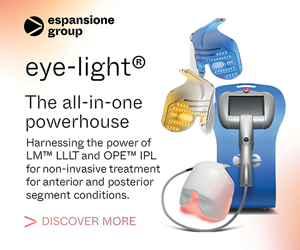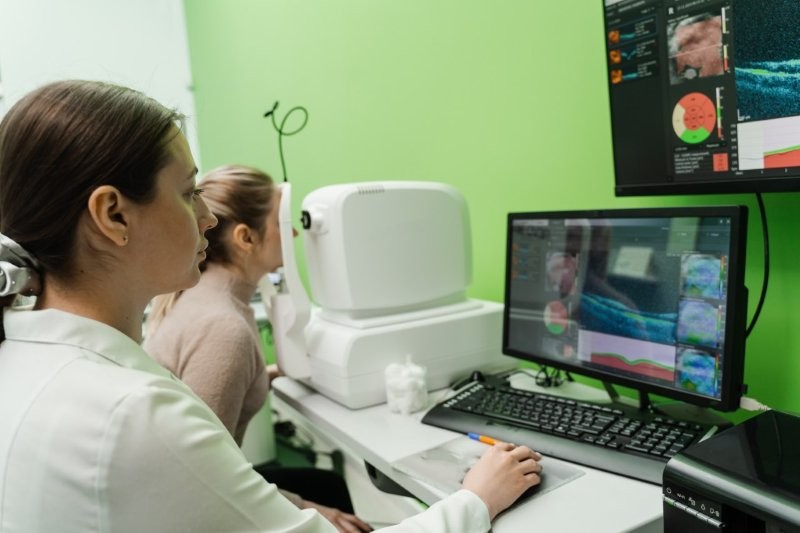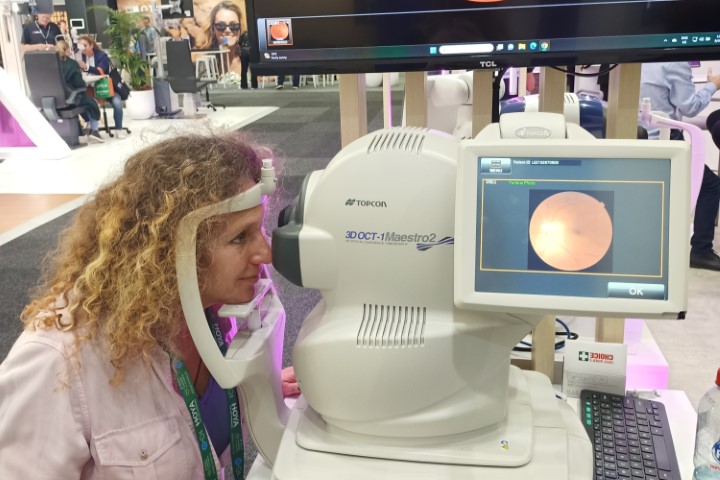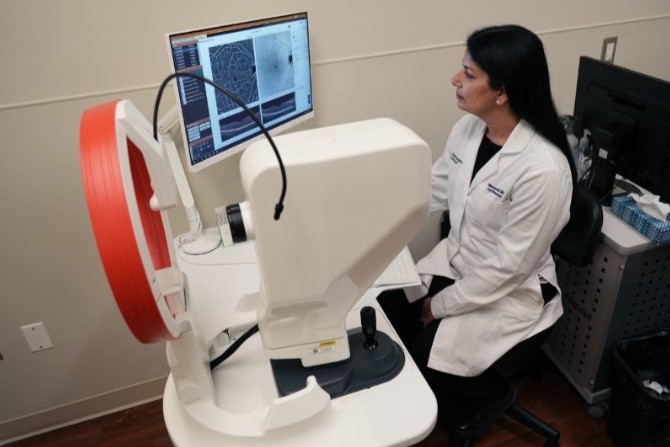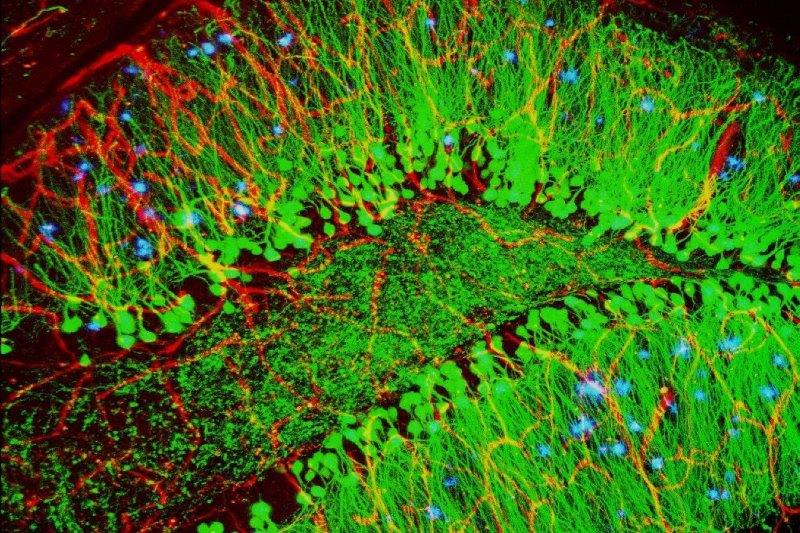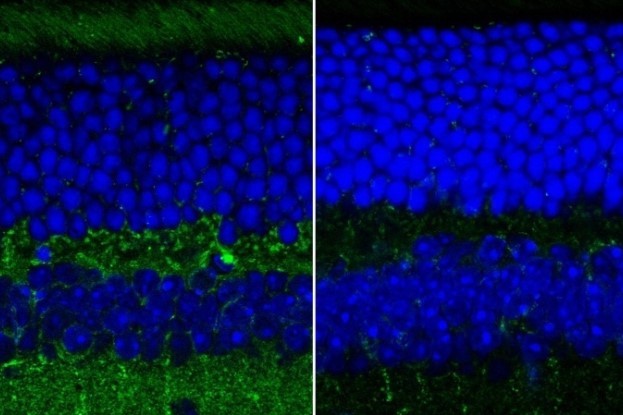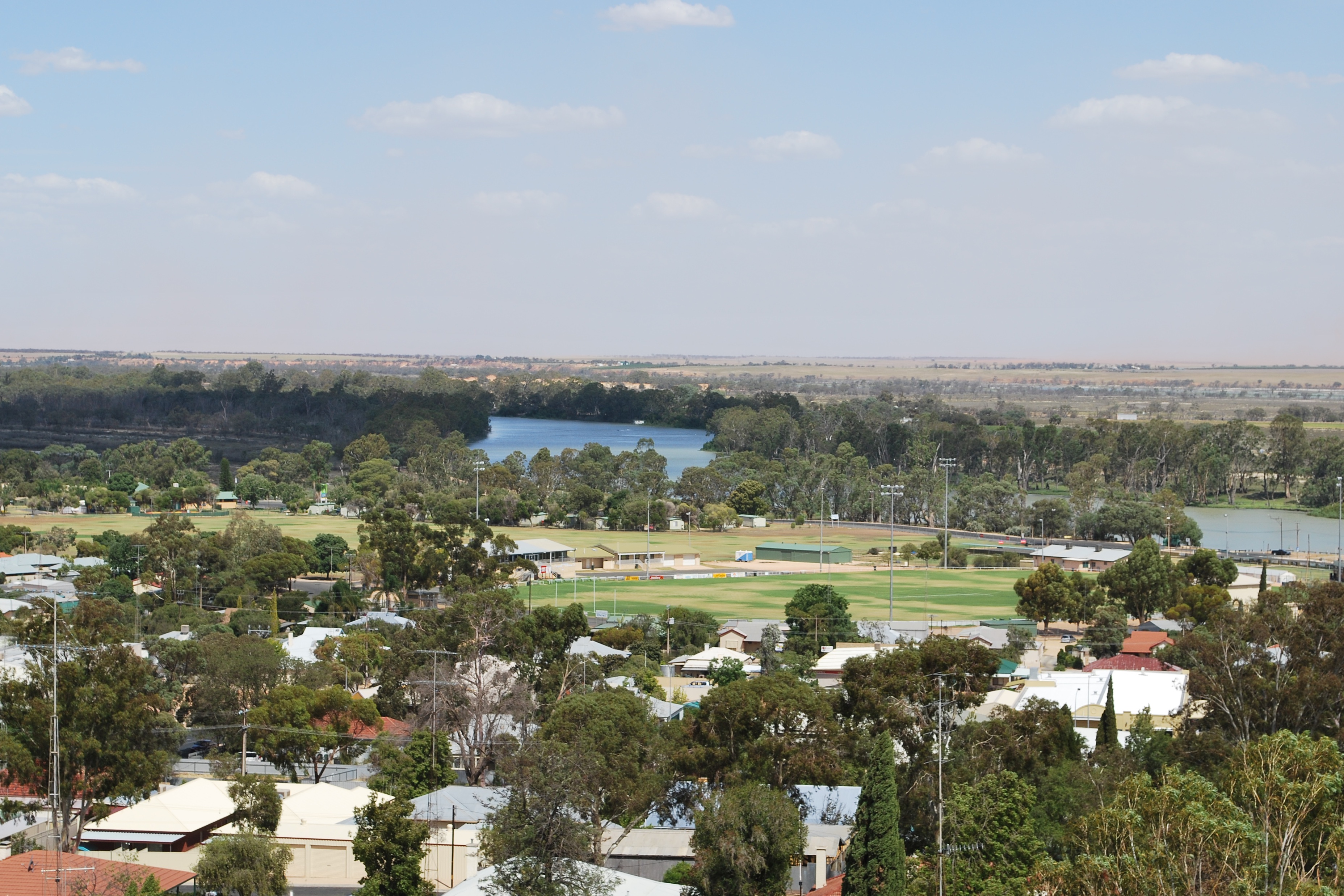Middle-aged retinas reveal Alzheimer’s risk
An international team including New Zealand researchers found measures of retinal health captured the risk of Alzheimer's disease and related dementias (ADRD) across several domains of known risk factors, even in 45-year-old patients.
Drawing on data from the Dunedin Study, researchers, including the University of Otago’s Associate Professor Graham Wilson, described two key findings in the Journal of Alzheimer’s Disease. First, neuronal and microvascular measures of retinal health were found to distinguish gradients of an individual's midlife risk for later ADRD. Second, measures of retinal microvascular integrity, particularly venule calibre, were found to associate with all but three domains of ADRD risk (harmful events, genetic and epigenetic), they said.
“Interestingly, the measures of retinal neuronal integrity were only associated with the cardiometabolic domain of ADRD risk. This domain encompassed risk factors that spanned individual risk indicators of high body mass index, hypertension, high cholesterol, diabetes, coronary heart disease and chronic kidney disease,” said researchers.
Retinal microvascular imaging may be an accessible, scalable and relatively low-cost method of assessing ADRD risk among middle-aged adults, they concluded.





